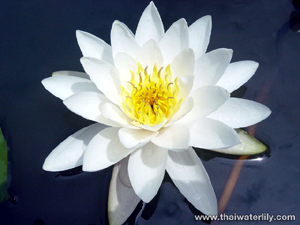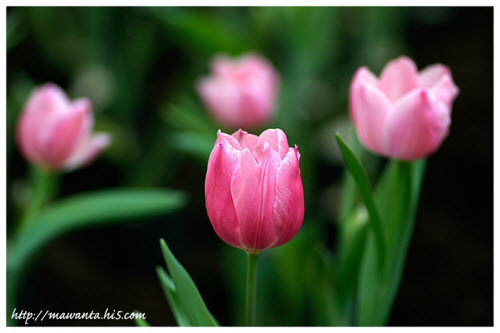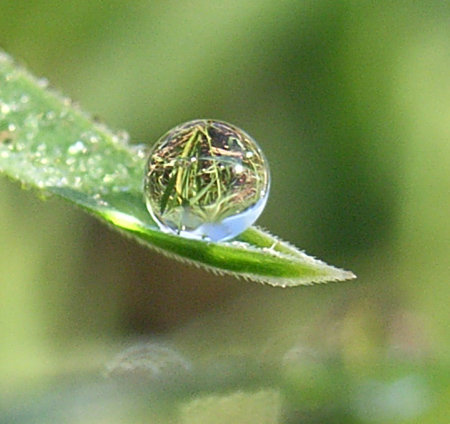Blessing Seven:
Artfulness in Knowledge
Artfulness in Knowledge

B. The Nature of Knowledge
B.1 The Three Levels of Knowledge
If we want to identify the features of learning that will give rise to wisdom we have to distinguish wisdom from other sorts of knowledge. All sorts of knowledge help to illuminate the mind. When we don’t understand something it is as if we are left in the dark about that thing. When we understand something it is as if light has been thrown on that matter. Knowledge in its most basic form, like the ability to do arithmetic or knowing where to catch the bus sometimes will feel as if it creates some illumination in the mind but it is just a feeling — because such an ability is restricted to the higher sort of knowledge we call “wisdom”. In all we can differentiate three levels of knowledge:
1. Theoretical knowledge [sutamaya-paññā]: The most basic sort of knowledge arises via the five senses, that is through the things we see with our eyes, hear with our ears, smell with our nose, taste with our tongue or feel by our sense of touch. You could call this sort of knowledge raw data. Touching fire tells us that it is hot. A child might want to know what fire is like. Their mother tells them not to touch it because it is hot and will burn them. The child will not believe their mother so easily. The mother might tell them not to touch it twice, but on the third time she will have to give in to the child’s curiosity and let him touch the flame so that the child will know for next time that heat goes together with brightness. This sort of knowledge also includes the knowledge we receive by listening to information and what you can remember from what you have heard in lectures and read from textbooks. If you have never had the chance to apply the knowledge that you have learned then it may still be of limited use;
2 . Hands-on Knowledge [cintamayapaññā]: The second sort of knowledge which is slightly more advanced is hands-on knowledge, the knowledge that has been reflected on, tested and applied. However, even if you are the world’s best professor, your knowledge will not exceed this level. With this sort of knowledge you are like someone stands on the water’s edge and sees ripples on the surface of the water. From knowledge or experience they would be able to assume that the ripples are caused by fish under the surface of the water. Whether the fish are large or small or whether there are shrimps or crabs or shellfish moving under the water, you could probably notice from the size of the ripples. But because you cannot see the fish directly you are able only to make an educated guess;
3. Insight [bhāvanāmayapaññā]: A third and higher sort of knowledge is insight into deeper truths or more challenging truths. However if we study meditation further we will discover that even finding the solutions to simple problems in this way is actually causing there to be illumination arising in the mind. The characteristics of wisdom when it arises in the mind:
1. It will give rise to brightness in the mind. Wisdom is the light which will chase away the darkness of ignorance. This is not just a metaphor for the knowledge but when we train ourselves further in meditation, we will see that brightness really is the operant feature of wisdom. The illumination of the more advanced sorts of knowledge is so bright that is like compressing the brightness of a hundred suns into a single spot. It is by virtue of such brightness that we can identify and uproot the defilements usually hidden in the mind. For those who are new to meditation, the brightness is not yet continuous and is dim like a glowworm. Such brightness is not yet sufficient to identify defilements, but it is a good start;
2. It allows us to transcend defilements: When wisdom arises, it allows us to transcend defilements previously active in the mind. Problems which used to exist will be overcome once and for all. Evil in the mind is uprooted. It allows us to probe deeper into problems and cut off problems at their roots. It allows us to overcome our own faults and weaknesses. It allows us to change our bad habits. Such knowledge is able to overcome suffering and to change our own habits. It allows us to get to the root of problems. Such knowledge can actually kill negativity in the mind once and for all. Such knowledge no longer comes via the five senses but will come instead directly via the mind that is still. It is not knowledge that comes from thinking. It is knowledge that arises in the still mind together with brightness. It is a sort of knowledge we sometimes call wisdom or insight. If we go back to the scenario with the man standing on the edge of the water, where through conventional knowledge the man could do no better than make an educated guess, if we were to use insight to assess the same situation, it would be as if the water was clear and the man could see the fish, the crabs, the shrimps or the shellfish without having to think about it.
The ability to harness the knowledge that arises from the still mind is an ability for which you have to train in meditation.
B.2 Contrast between the Learned and the Wise
There are several important differences between the learned who know only the theory of how to do good deeds (but may not practice it) and the wise who may not know much but use everything they know to boost their opportunity to do good deeds. Unfortunately, knowledge in the hands of a fool (or even a learned person) can be a dangerous thing. If your only knowledge is academic knowledge, no matter how clever you might be, there is always a risk of making a mess of your life. For example, if you have a knowledge of nuclear physics, you can use it for peaceful applications as an energy source — on the other hand you can use your knowledge to produce atomic bombs and the resulting holocaust towards human life. Thus ethical considerations need to go hand in hand with our academic knowledge, like a guiding light to give us clarity as to whether the application of our knowledge is good or bad, appropriate or inappropriate.
Those who are interested only in academic learning, no matter how clever, rich or powerful they may be, can never manage to make themselves endearing or worthy of the respect of others and in the end they cannot make a success out of their lives.










